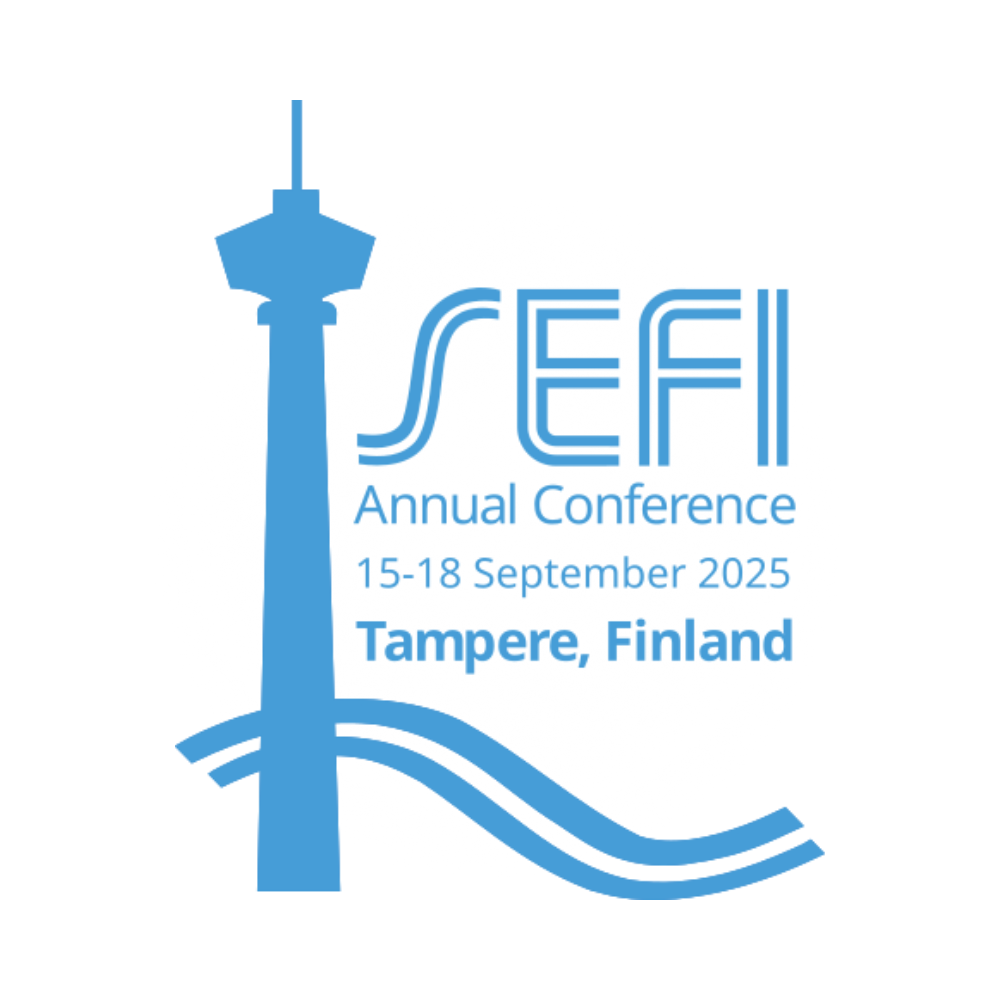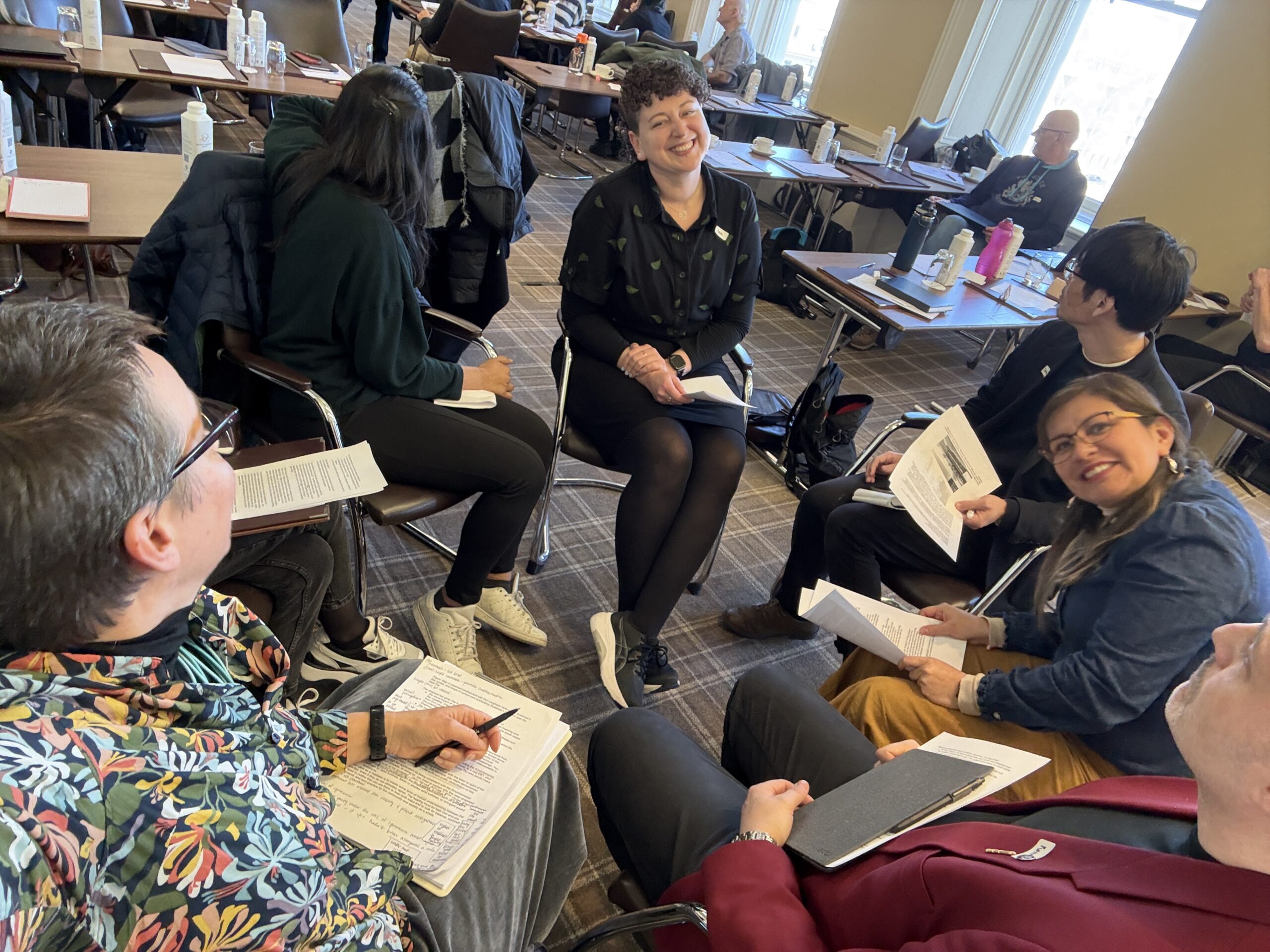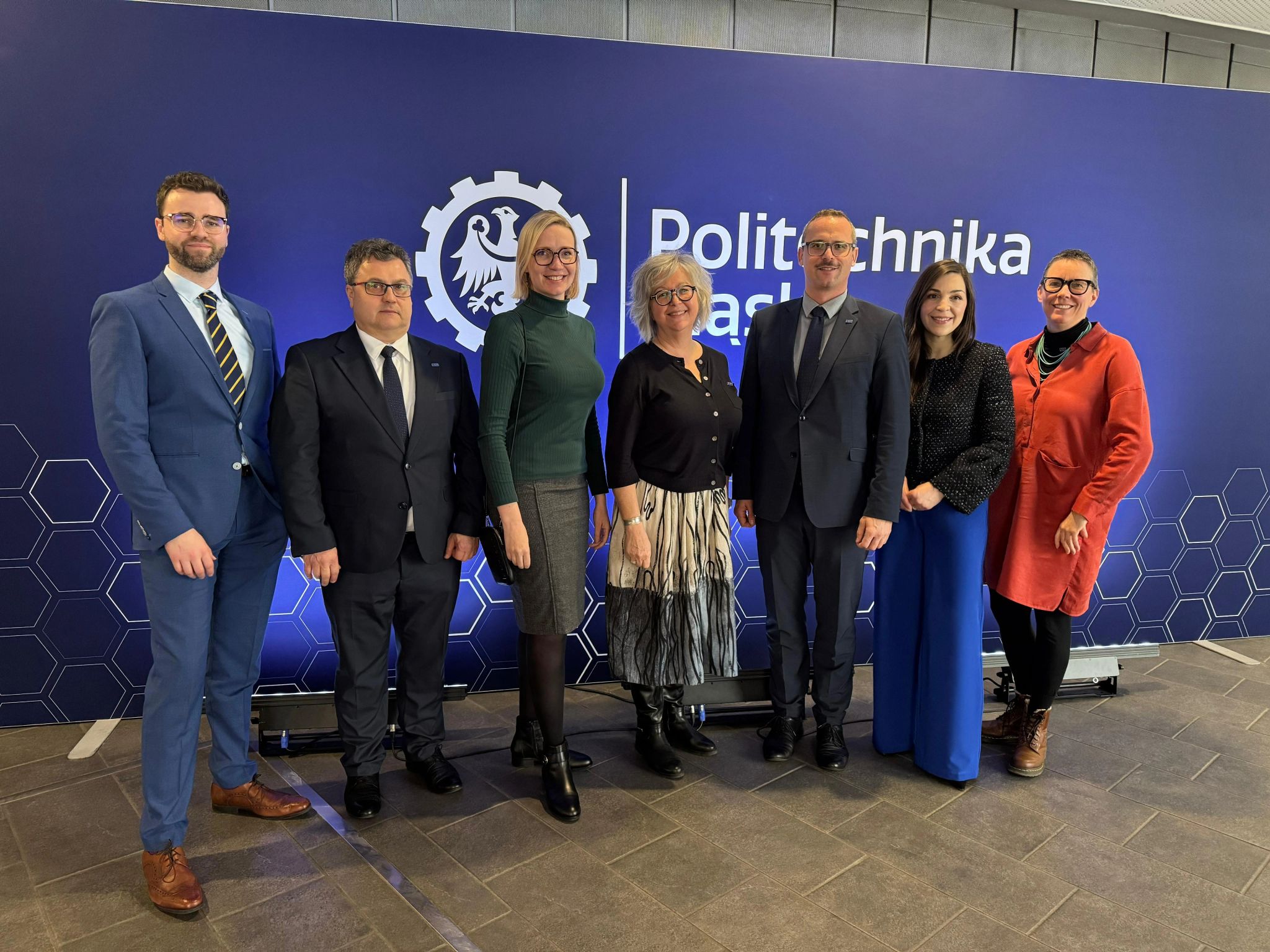We are excited to announce that registrations for the 53rd SEFI Annual Conference are now…
Luis Adriano Oliveira, Ester Gimenez Carbó and Alfredo Soeiro
It was an interactive session with about 30 participants. Two topics were addressed by Luis Adriano Oliveira, Universidade de Coimbra, Ester Gimenez Carbó, Universidad Politecnica de Valencia, and by Alfredo Soeiro (Universidade do Porto). The topics discussed were Situation of Engineering Education on Ethics in Portugal and Spain and Ethics and Sustainability.
First topic started with a survey of the syllabus of engineering courses in higher education in Portugal that dealt with Ethics was presented. The topics, credits, and contexts were summarized and conclusions of the possible impact were presented. The role of professional engineering associations, Ordem dos Engenheiros and Ordem dos Engenheiros Técnicos, in Ethics in Engineering was described in terms of goals and of training modules. Later, an analysis of the situation of the engineering ethics in different engineering bachelor degrees in Spanish public and private universities was mentioned. Based on this analysis, there was a discussion about the best way to bring this teaching of ethics to engineering students.
The second theme was about Ethics and Sustainability with the impact of the United Nations Sustainable Development Goals as a major influence in many sectors of society. In Engineering, the UNSDGs have become a significant perspective to include in most activities and decisions. Ethical aspects are connected with options of design, operation and maintenance that are made by engineers. Sustainability concerns have to be considered by all engineers in each choice to shape a world with a future. Engineers are the major transformers of the Earth where we all live. There is only one planet that should be preserved and taken care of. Ways to introduce sustainability, but more specifically the SDGs, in engineering bachelor studies, were discussed. The exploration of its effectiveness in ensuring that graduate students have acquired the expected learning outcomes was analyzed.
The presentations were followed by a debate session where participants were invited to contribute and propose guidance on how to improve Ethics Engineering Education. Several topics raised the exchange of opinions among moderators and participants. One of the issues is related with accreditation procedures of engineering programs that include in the learning outcomes ethical competences and how these competences can be verified. In fact, EUR-ACE standards imply ethical competences at bachelor and master levels but the issue is how one can be certain that these were acquired. It was also mentioned that teaching of ethics to future engineers may benefit from dealing with a practical situation and facing the challenge of contributing their personal view in an ethical dilemma: professional or scientific. As an illustration of an exercise of active learning, the learning process is centered upon the student, rather than the teacher. Reflecting on issues raised by ethical dilemmas may be a more efficient – and even enjoyable – way of teaching ethics, rather than just presenting endless lists of “to do” and “not to do” instructions. Personal reflection based upon practical situations may be more efficient than the so-called “normative ethics” approach.
Brief description of SPEE – Portuguese Society for Engineering Education
SPEE – Portuguese Society for Engineering Education is a non-profit association that aims to promote engineering education through pedagogical training and personal development of teachers, dissemination and collaboration in projects, exchange between national and foreign people and institutions and analysis and problem solving in the field of engineering education.
The Working Group “Ethics in Engineering Education” (WG-EEE) is an integral part of SPEE. Its main objective is to sensitize students in engineering courses to the importance of integrating the ethical aspect in their current training, as students, and, no less relevant, in the subsequent performance of their activity, as future professionals. At the same time, it seeks to promote this same awareness among the professors of engineering courses, who are responsible for training professionals with ethical integrity.
The WG-EEE’s activity involves, in the short term, the organization of workshops, conferences, debates, all of them aimed at engineering students, and also the respective professors. It is not intended, in this second case, to teach ethics to colleagues. Rather, it is about making them aware of the need to promote the teaching of ethics, among their students, alongside the development of other soft skills.
In view of a longer time horizon, actions of a different nature are included, namely:
a) promoting the teaching of ethics at the level of basic and secondary education and also in Lifelong Learning actions;
b) development of e-learning initiatives and conducting thematically oriented webinars;
c) dissemination and selective participation in national and international events, involving the ethical dimension in engineering education;
d) active participation in structures such as SEFI;
e) promoting synergies between higher education institutions and professional associations;
f) publication of research developed and to be developed on “Ethics in Engineering Education”.


